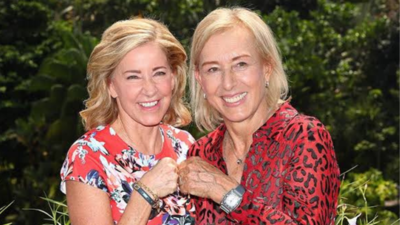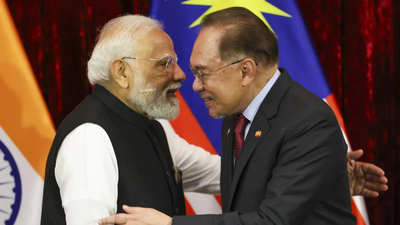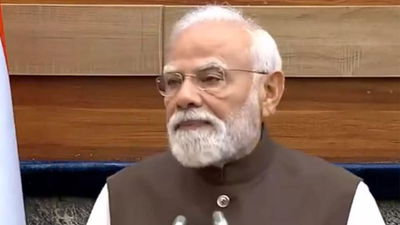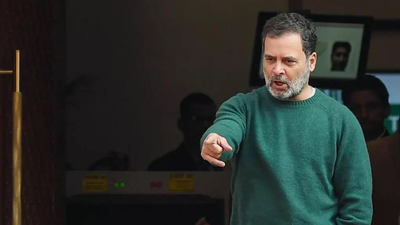“More than any American Culture”: Martina Navratilova once shared how Chris Evert’s Catholic upbringing shaped her tennis image | International Sports News

Martina Navratilova said something that made people look again at Chris Evert. On March 28, 2018, on the “Conversations with Tyler” podcast, Navratilova said Chris Evert came from a strict Catholic home and often wanted to please her parents. She said this during an interview that many people replayed online. Martina said this family life helped shape how Evert acted in public and on court. The comment added a new angle to the long rivalry between the two stars and surprised many fans who remembered Evert as the perfect all-American player.
Martina Navratilova on Chris Evert’s upbringing and public image
In her 1985 book “Being Myself,” Martina wrote about how fans and the press treated female players. She wrote that American crowds liked quiet, neat players and often did not like women who spoke up or showed anger. Martina Navratilova said a player like Chris Evert was accepted because she did not “make waves,” while outspoken women were often criticized. This links old gender ideas to how the media and fans saw women in tennis in the 1970s and 1980s. Chris Evert was born in Fort Lauderdale, Florida, in 1954 to Jimmy and Colette Evert. She grew up in a devout Catholic home, went to St. Thomas Aquinas High School, and learned tennis from her father, who coached her. “I think Chris was just conforming, not because of any preconceived ideas, but she came from a good Catholic family, and she wanted to please her parents. So it was more that than, I think, any American culture. It was actually more cultural within the family how you grew up,” she said.Martina Navratilova suggested that Evert’s family rules made her cautious in public because she wanted to make her parents proud. These facts help explain why Evert often appeared calm at matches and in interviews.Also Read: Andre Agassi And Steffi Graf’s Daughter Jaz Shows Sweet Support For Dad’s Thoughtful Leadership Speech
Martina Navratilova on growing up in Czechoslovakia and why she spoke out
Martina Navratilova fled Czechoslovakia and asked for asylum in the U.S. in 1975 at age 18. She became an American citizen in 1981. She said that under communism women were encouraged to work and be athletes, so she did not face the same home limits that Evert had. Martina Navratilova also admitted she sometimes wanted the same warm praise Evert received from fans. Their style differences made their matches more drawn and later grew into a deep friendship. Their matches were watched by fans around the world and made tennis grow. Martina Navratilova’s insight adds depth to how we see Chris Evert not just as a player, but as a person shaped by her family and culture. It reminds us how background influences public image, especially in sports.





